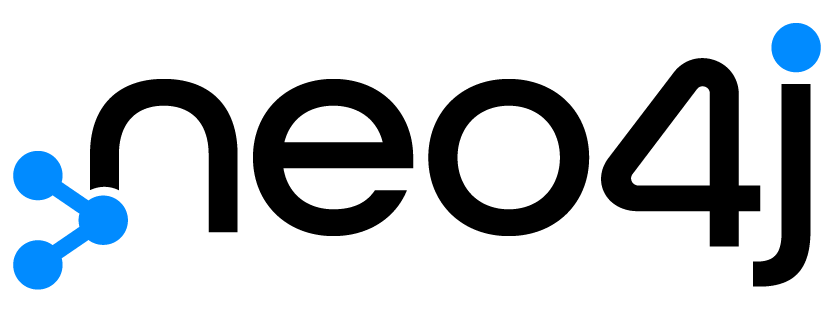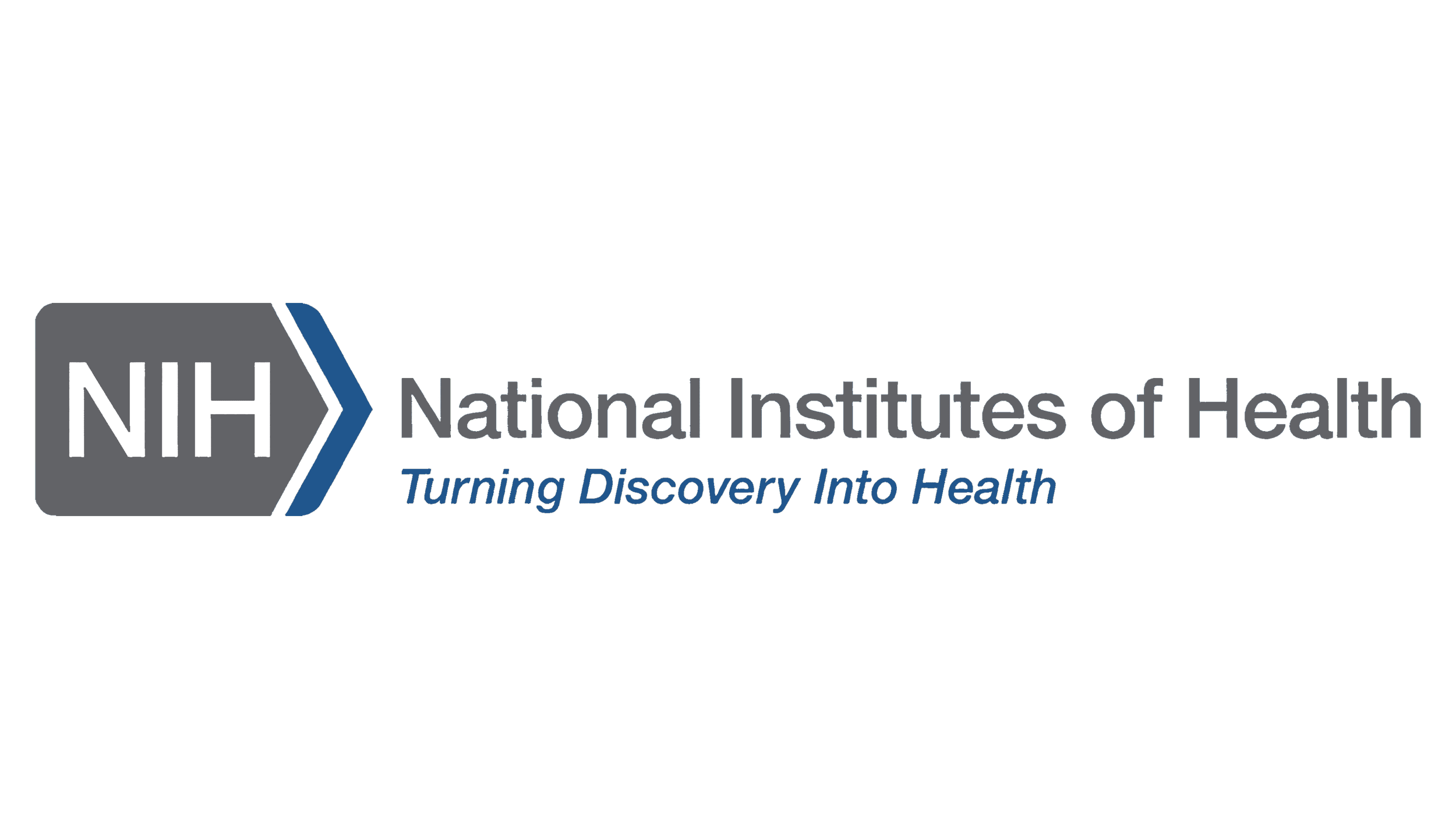
Are you ready to solve society’s most pressing challenges using data, knowledge, and AI?
Read on…
November 2024:
Connect the dots with KnowHax, the Knowledge-centric AI hackathon.
Register now to secure your spot for learning Knowledge-centric AI, or to sponsor a Challenge.
A new kind of hackathon brought to you by the Knowledge Graph Conference and the National Science Foundation
Partnering with the world's leading research institutions to build the first “Open Knowledge Network”.
Impact
Solve social and environmental challenges with Knowledge Graphs, based on the following NSF “Proto-OKN” themes.
Biology and Health
The Environment
Justice
Technology and Manufacturing
KnowHax, the first Knowledge-centric AI Hackathon, building industry & organization-specific AI
-

For participants
Solve important challenges
Build your skills
Get hiring visibility
-

For companies
Solve important societal challenges
Get access to leading innovation and research
Get access to leading talent
-

For nonprofits
Solve important problems with Knowledge-centric AI innovation
Remote.
All sub-events (Onboarding, Launch, Pitch, Team meetings, Mentor meetings…) will be accessible remotely.
Main Hack Dates:
Start hacking: First week of November
Pitch Date: Mid-December
Coincides with the NSF Proto-OKN Year 2 Kick Off
-
Teams will support research projects supported by KGC and the NSF to create the first Open Knowledge Network - the knowledge that future AI will leverage.
-
Participants create Teams. Teams tackle Challenges by proposing Solutions. Teams meet, work, network, and have fun by doing! “A rewarding experience”
-
Mentors are tech experts, or business experts, who join for 3 to 8 hours total for the whole month of the Hack, and connect with one or more Team(s).
-
Choose their primary goals for sponsoring, so that their organization gets the right reporting and their employees (if any) may be engaged for the proper results and KPI, as chosen by the sponsor.
-
Solutions are what is produced: prototypes of implementations of the research project’s knowledge graphs. These prototypes should preferably contain functional code or no-code samples, but can also just consist of designs or data research. They are produced in open-source mode.
-
participants: commitment for 2 hours per day on average.
mentors: commitment for 1, 3, or 8 hours total. You choose.
sponsor: commitment for 1 hour of KPI sharing, 1 hour of employee invites, and as much event speaking or participation as appreciable or doable.
Beneficiary Institutions
Browse more
Ecosystem - full list
Arizona State University
Columbia University
D.D. Joint Staff – NIEM (National Information Exchange Model)
DARPA
Fisk University
Georgia State University
Georgia Tech
Insilica
Institute for Systems Biology
Kansas State University
MIT CSAIL
Morehouse College
National Institute of Justice
National Institutets of Health
National Oceanic and Atmospheric Administration
National Renewable Energy Laboratory
National Science Foundation
NCATS
NIEHS/NICEATM (National Institute of Environmental Health Sciences)
Northwestern University for Data Science
Onai
Purdue University
RENCI, UNC Chapel Hill
Roux Institute
Temple University
Texas Southern University
UC Davis
UCSF
University of Alabama Tuscaloosa
University of Central Florida
University of Cincinnati
University of Delaware
University of Maine
University of NC Chapel Hill
University of Notre Dame
University of Richmond
University of Texas Arlington
University of Virginia
USDA
USGS
Wormeli Consulting
Wright State University
Who can participate?
Share the news, invite your friends!
Feel free to share this short video with anyone who might want to participate! Are welcome:
Knowledge engineers
Ontologists, Taxonomist
Data scientists
Web developers (full stack, front-end, back-end)
Software engineering (algorithms, any tech)
UI Designers
Project managers & UX searchers
and any other non-tech skills & profiles who’d like to volunteer like marketers, customer care, and more!











